One year as a Marie Curie fellow in Denmark
From fieldwork in the Arctic, to navigating new challenges and finding my path.
10/4/20253 min read
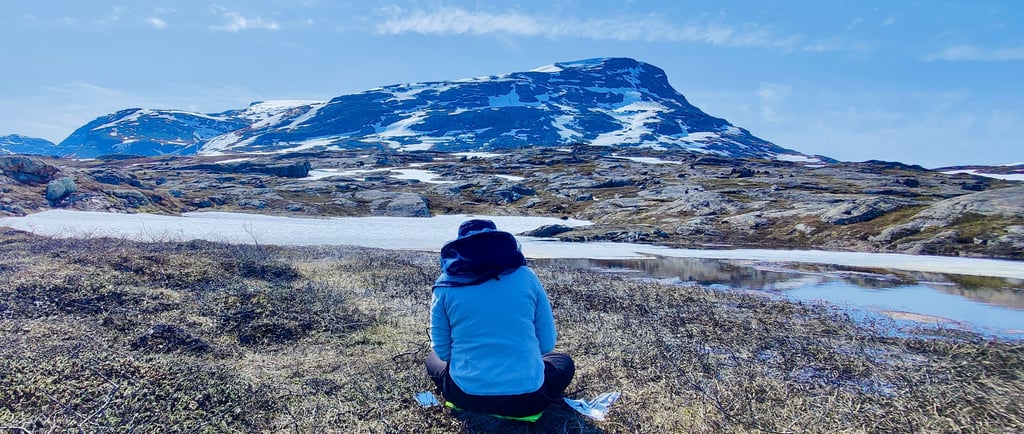

It’s hard to believe it’s already been a year since I arrived in Denmark to begin my Marie Curie fellowship. Time has flown by — a whirlwind of fieldwork, lab experiments, new collaborations, and plenty of new beginnings. Looking back, I feel both grateful and proud of everything that has happened in these twelve months.
When I arrived, I jumped straight into the deep end. Fresh samples from Abisko were waiting, and I had to process them quickly. That early rush set the tone for the year: a balance of fast-paced experiments and careful, steady progress. By February, I had my first set of microbial isolates, and with that, my project really started to take shape.
Much of my year has been about exploring moss, microbes, and the tiny molecules they release. I trained on new instruments, ran experiments in climate chambers, and learned how to measure isoprene emissions under different conditions. Some of my favorite days were spent in the field — whether that meant muddy visits to Bollemossen in autumn or summer trips back to Abisko, collecting mosses and shrubs under the midnight sun. There’s something grounding about fieldwork that keeps me connected to the bigger picture.
Alongside the science, I’ve had the chance to share my work at conferences in Denmark and abroad, and even to present at Falling Walls Lab as a finalist. That experience encouraged me to think more about how the outcomes of my research might be applied beyond the lab — and how to make the most of the discoveries coming from my project. The Booster service offered through the fellowship has also been an incredible support in helping me reflect on the exploitation potential of my results — and how to translate them into real-world impact while continuing to build my academic path.
I was also invited to contribute to a themed journal collection, and the piece I will submit this month is especially close to my heart. It is my last work with my mentor as a co-author — a beautiful way to honor the projects I inherited from him, and a symbolic moment as I transition fully into my own independent line of investigation. It feels like both a tribute and a new beginning.
This year hasn’t only been about research. I’ve also taken courses in pedagogy and supervision at KU, which have been invaluable as I start mentoring. It’s been such a joy to work closely with a research assistant and to welcome three students into the project. Guiding them through their first steps in research has been a highlight — and it makes me excited for what the coming year will bring.
At the same time, this year hasn’t all been easy. Moving countries is never simple — new language, new colleagues, new systems to navigate. On a personal level, it was especially daunting to bring my family with me: my daughter starting over in a completely new language, my husband searching for work, all of us stepping away from the familiar. Mobility can be exciting, but it also comes with real challenges. Looking back, I’m glad the hardest part is behind us, and I’m proud of how we’ve managed to adapt together.
I’ve also started exploring new directions for my work: designing a science board game, engaging in outreach, and finding my footing as an independent researcher. A particular highlight was participating in Science is Wonderful! in March — an event that took me back to my school-teaching days and reminded me how rewarding it is to share science with curious minds. It was wonderful to join Yi’s team and represent VOLT, and I hope to participate again next March — this time with my own project.
Looking back, the year has been packed with experiments, samples, travel, and new collaborations. But more than that, it’s been a year of growth: learning to balance inherited projects with my own ideas, developing new skills, and building confidence as I define my independent research path here in Denmark.
I am deeply thankful to the EU for supporting this independent Marie Skłodowska-Curie fellowship — without it, none of this would have been possible. My gratitude also goes to VOLT and its founders, and to the Danish National Research Foundation (DNRF), whose support and vision continue to make this research environment so inspiring and dynamic. A heartfelt thank-you as well to my colleagues, mentors, and supervisors for their ongoing support and encouragement throughout this first year.
Bring on year two — and the final year of this fellowship! Here’s to more fieldwork, more writing, and many more discoveries among the moss and microbes.
Gallery
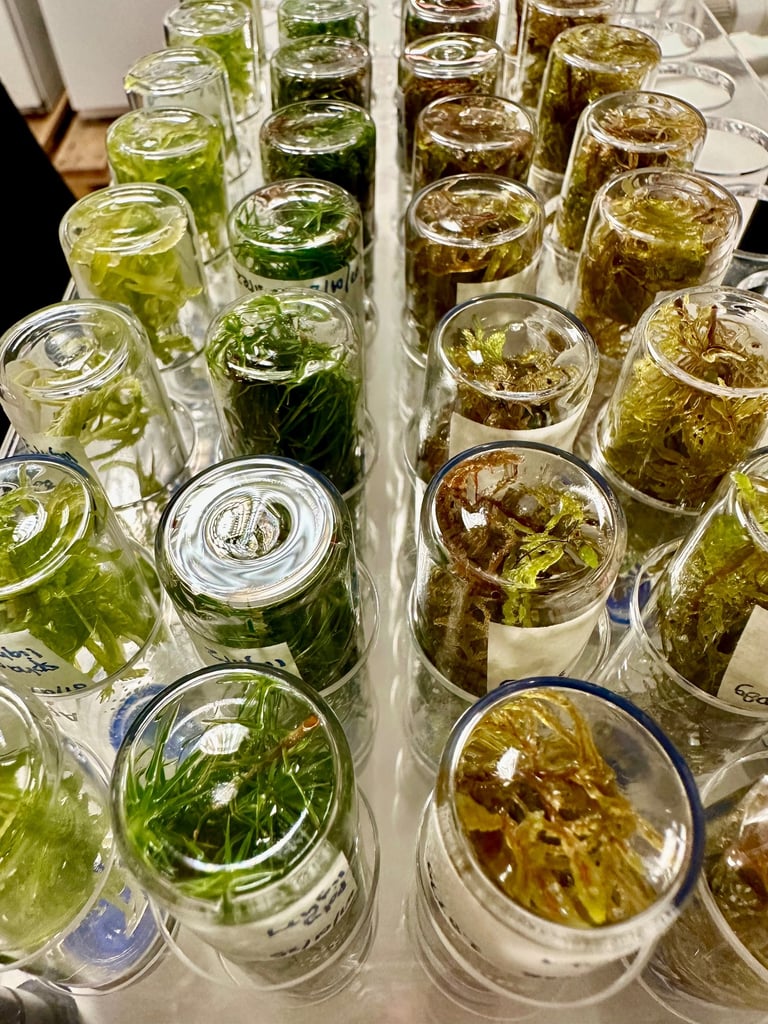
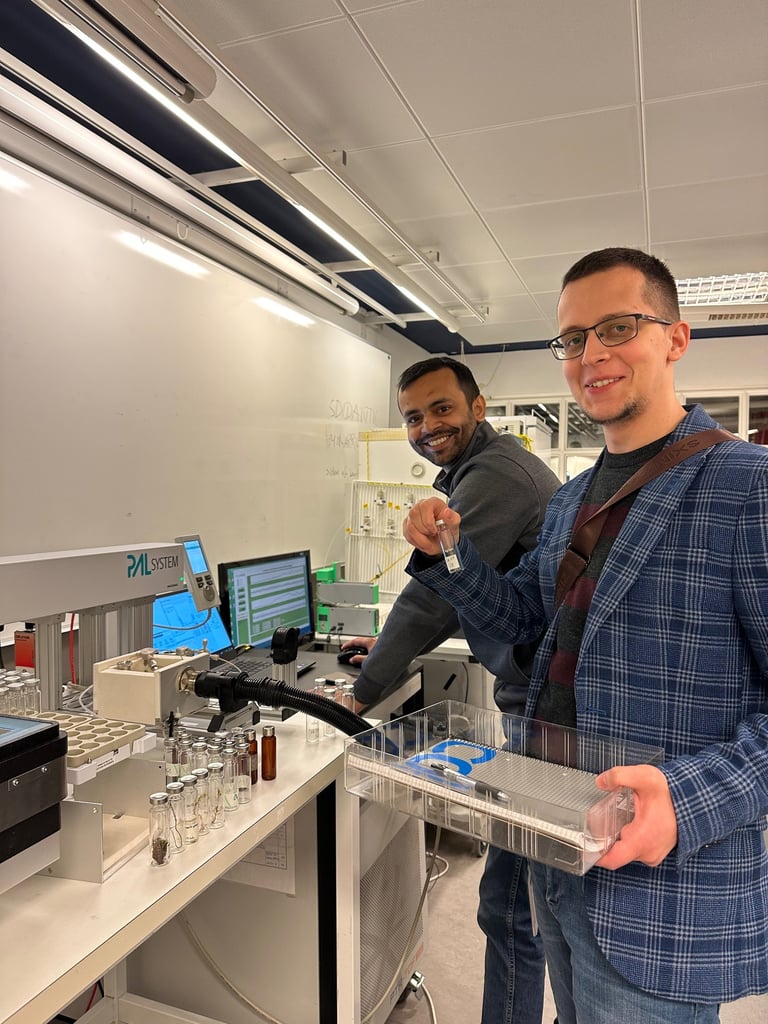
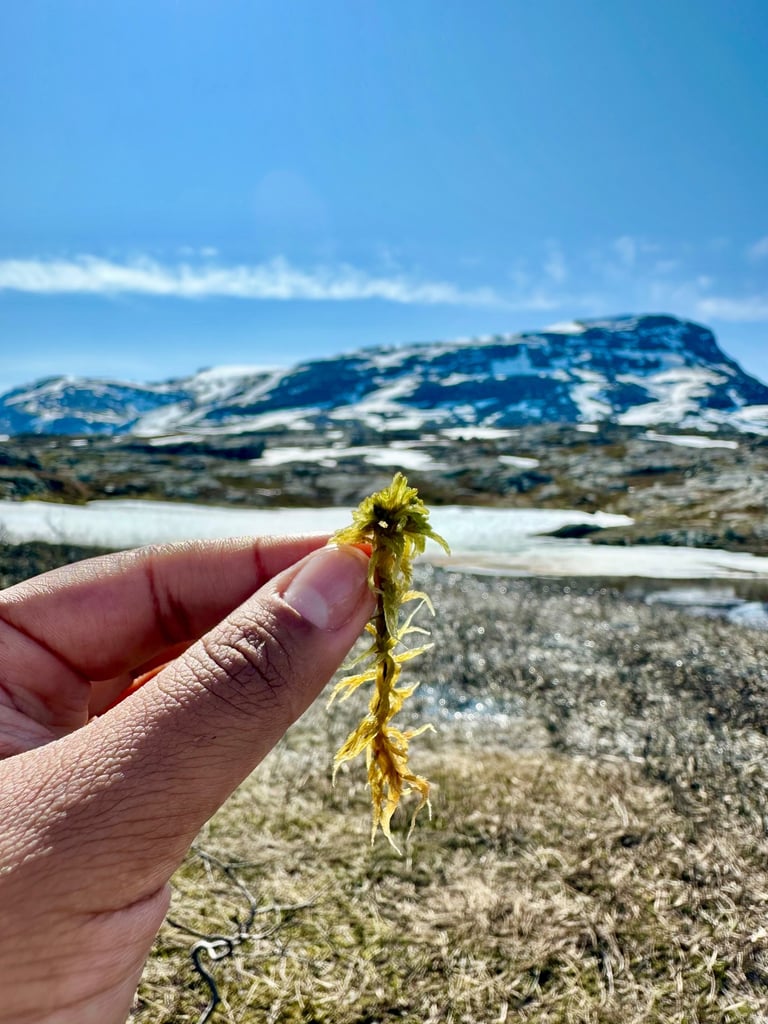
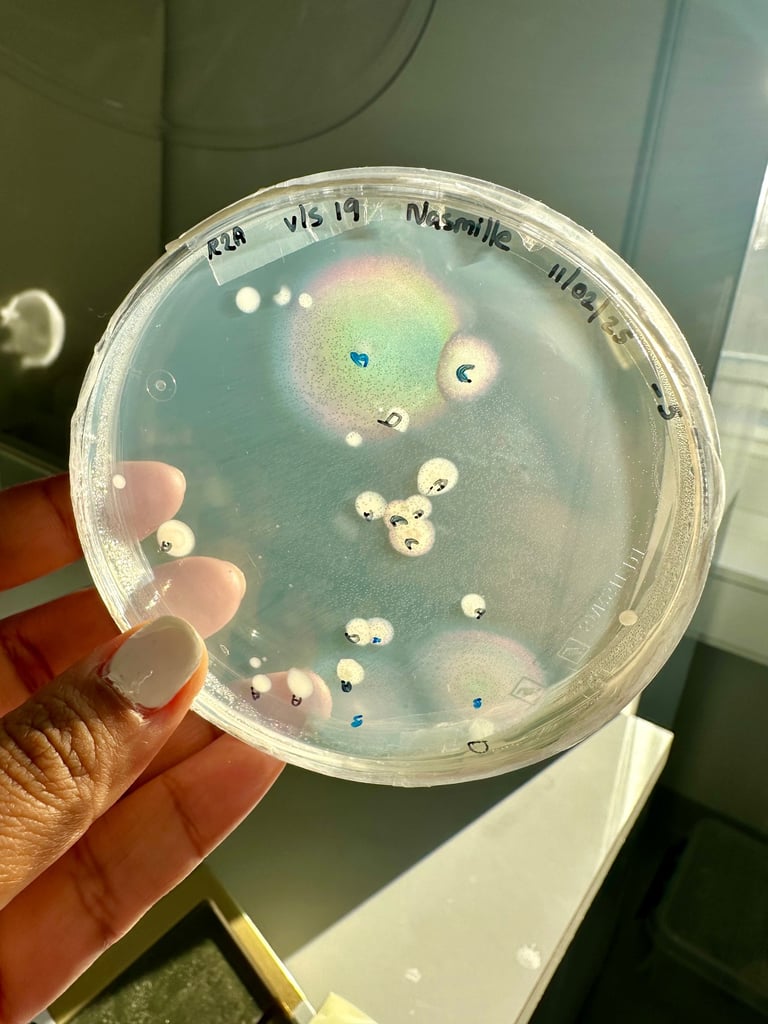
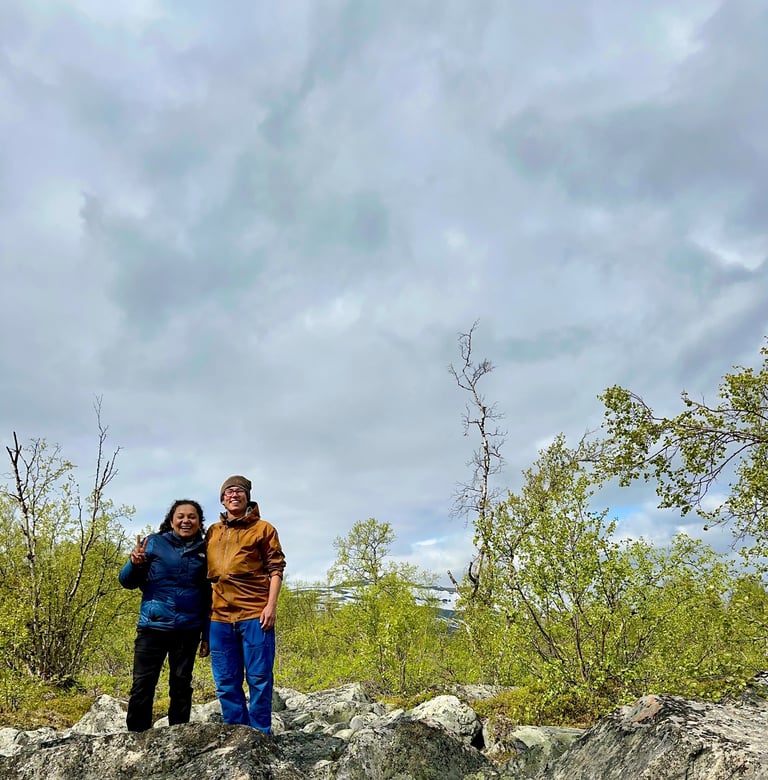
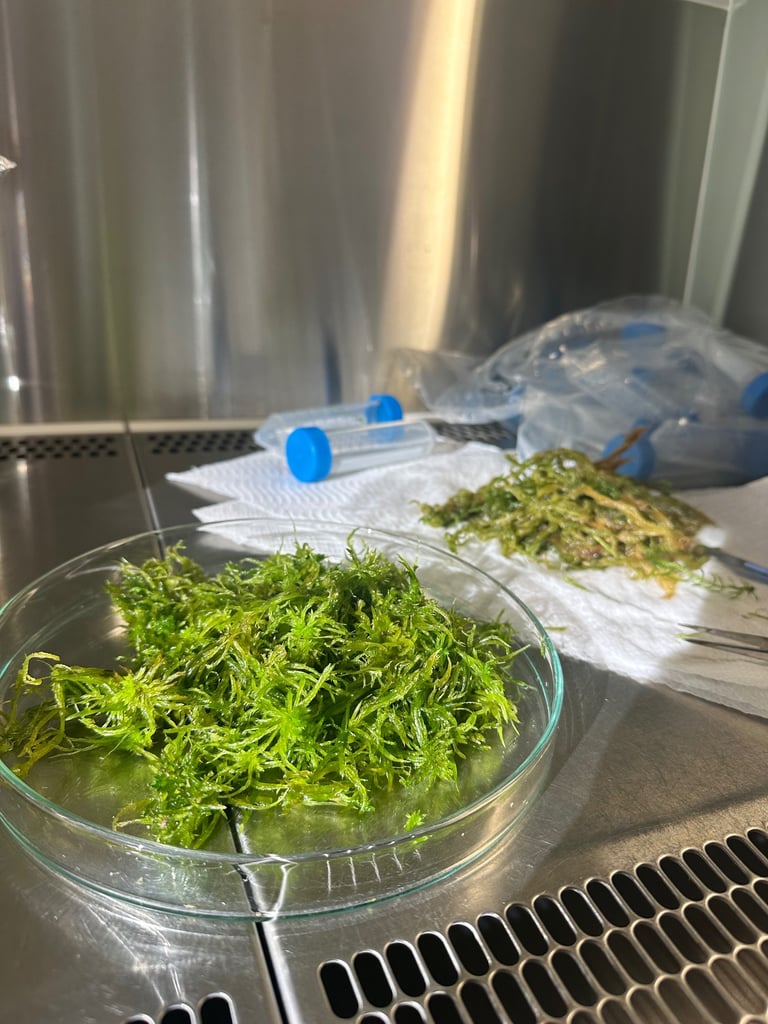
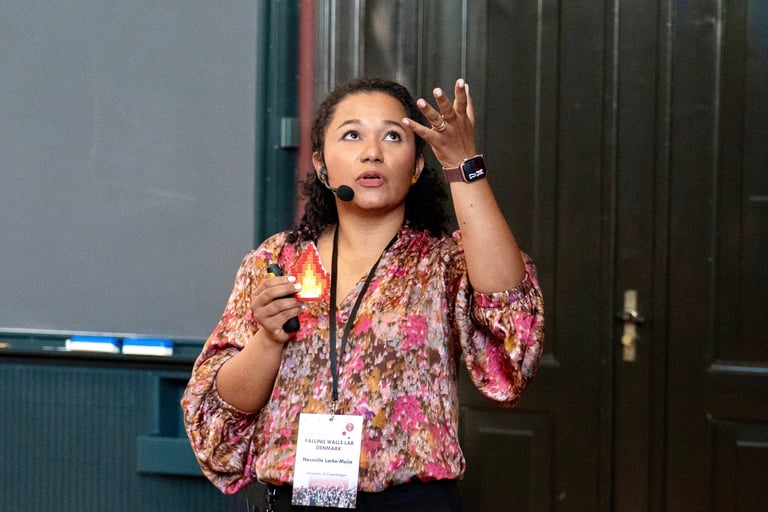
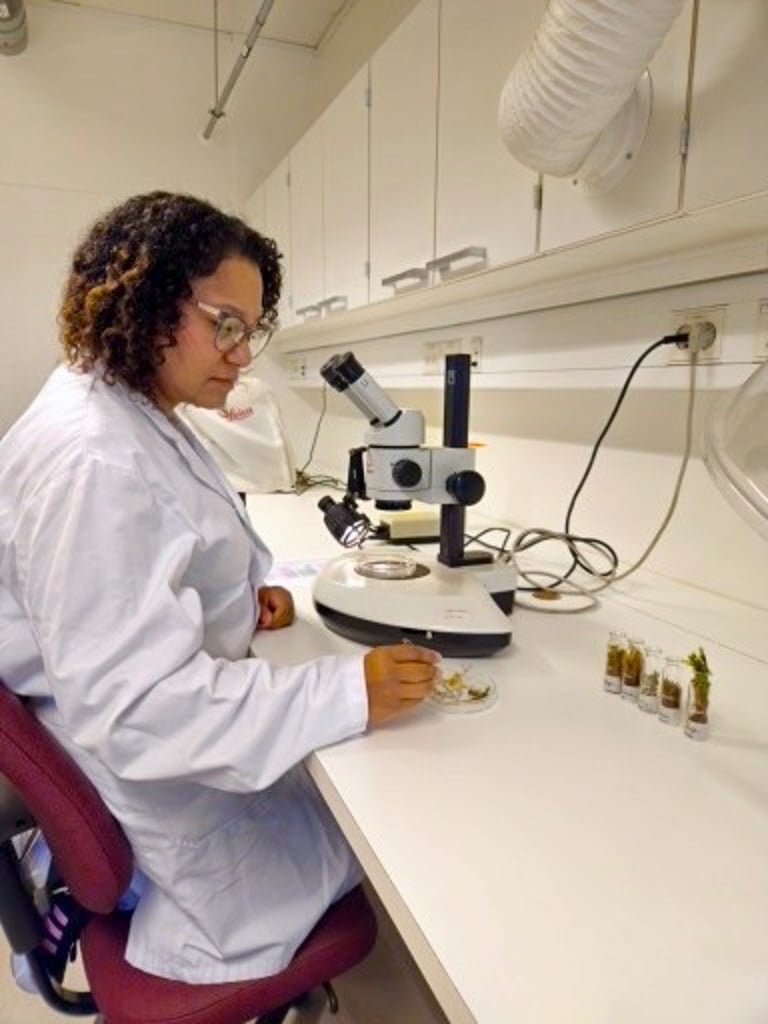
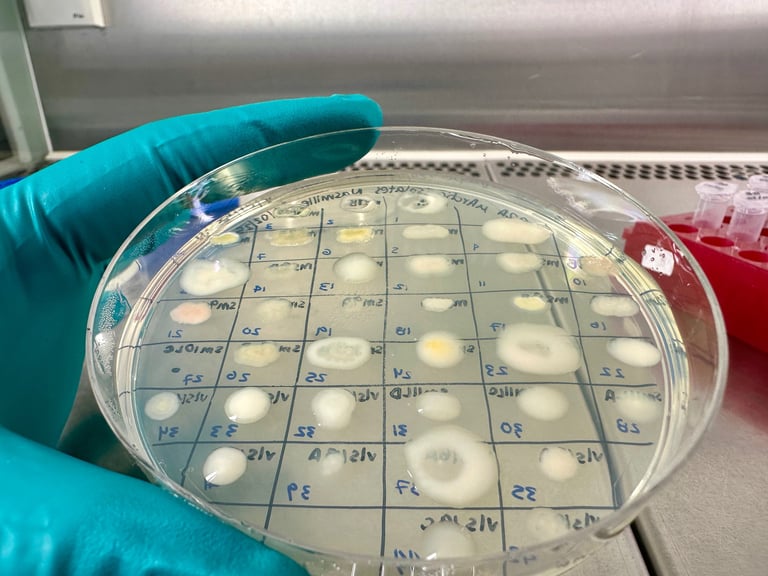
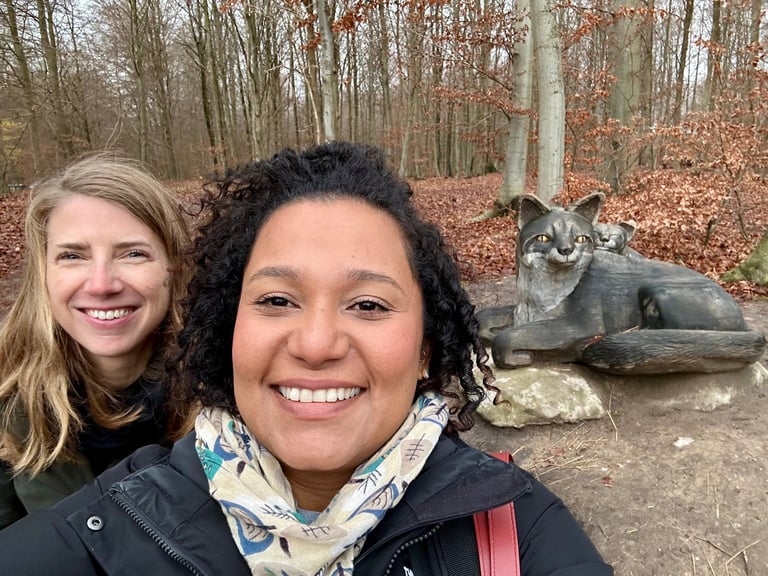
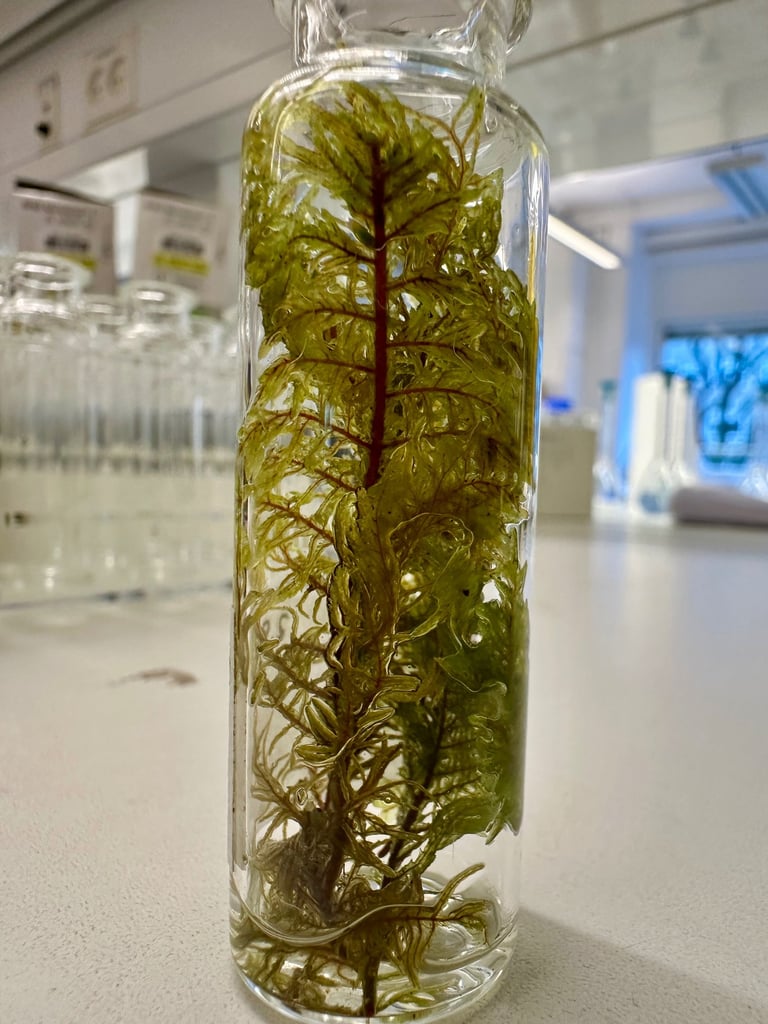
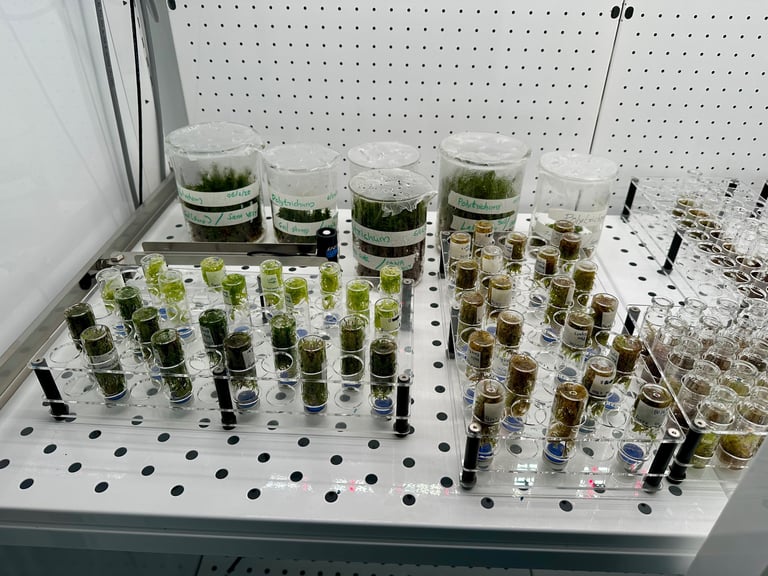
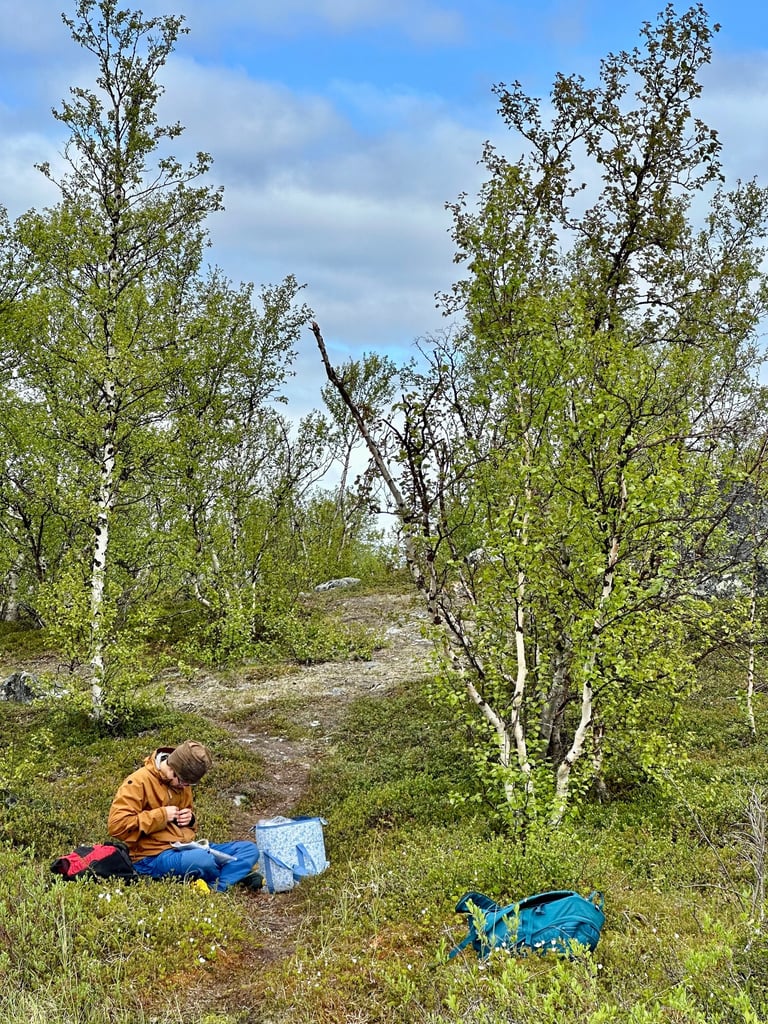
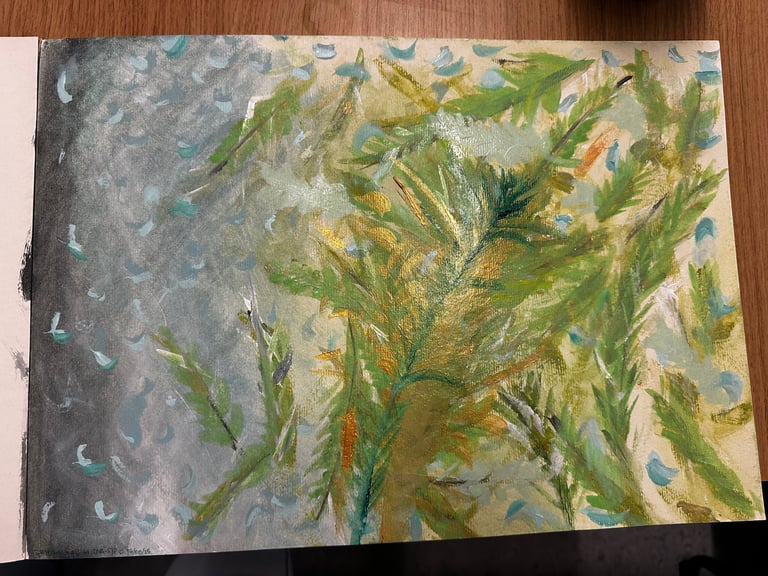
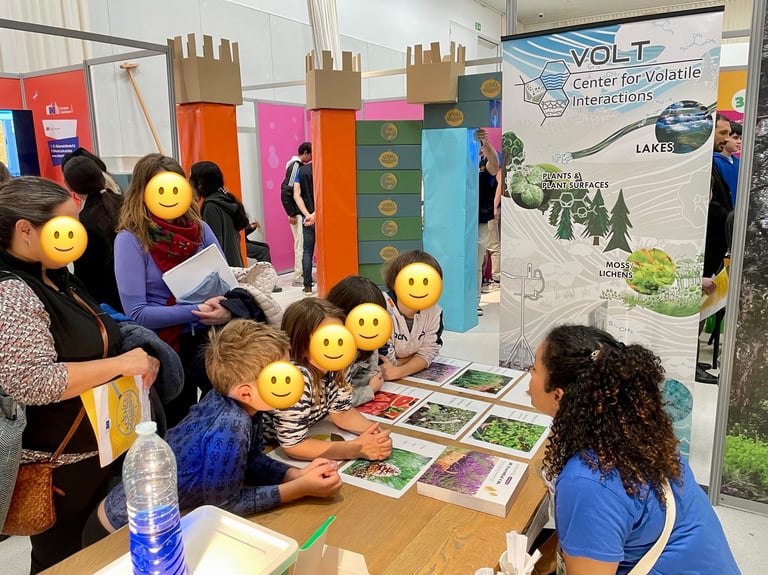
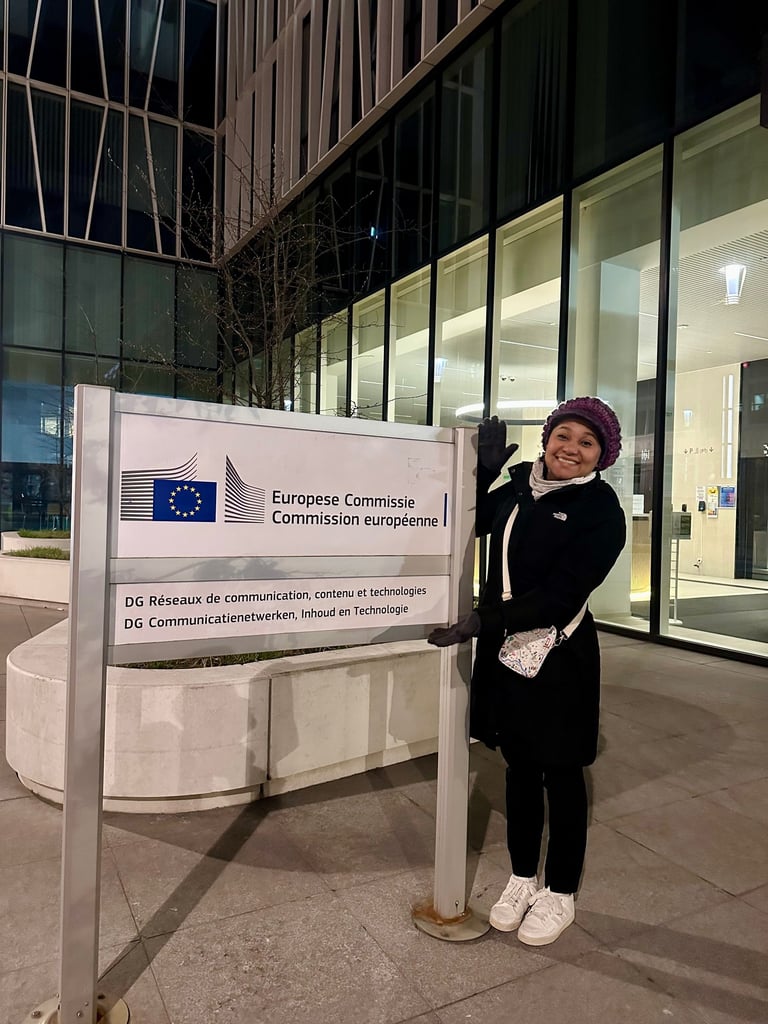
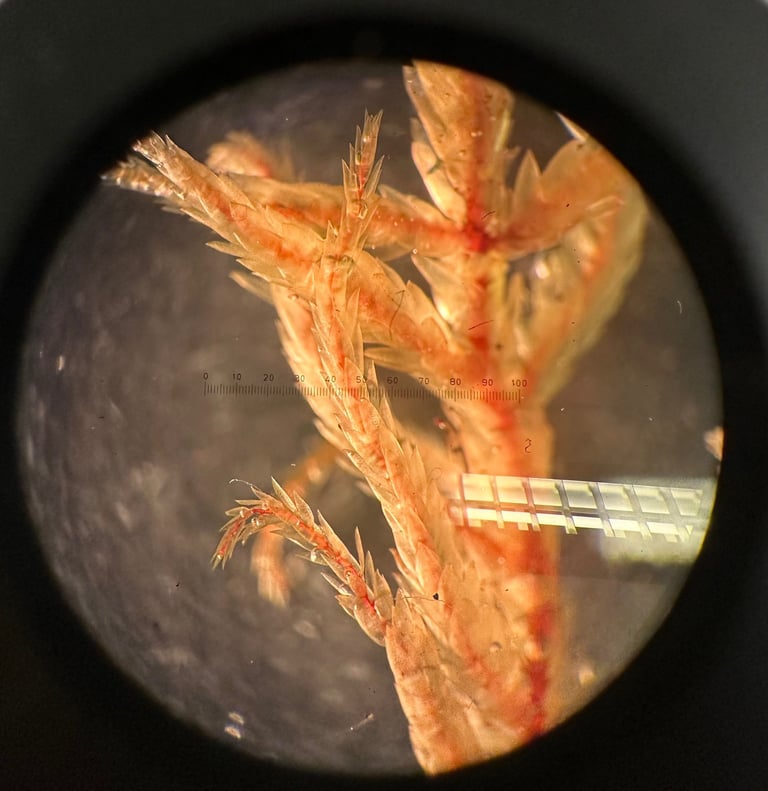
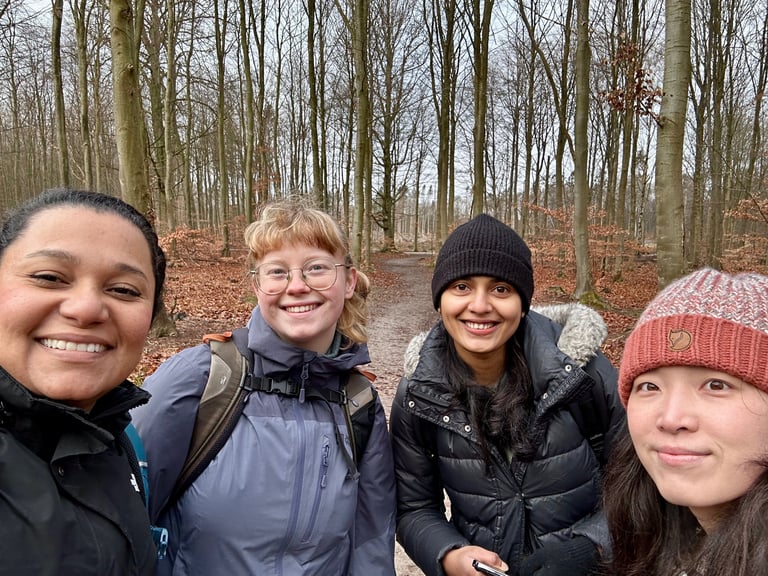
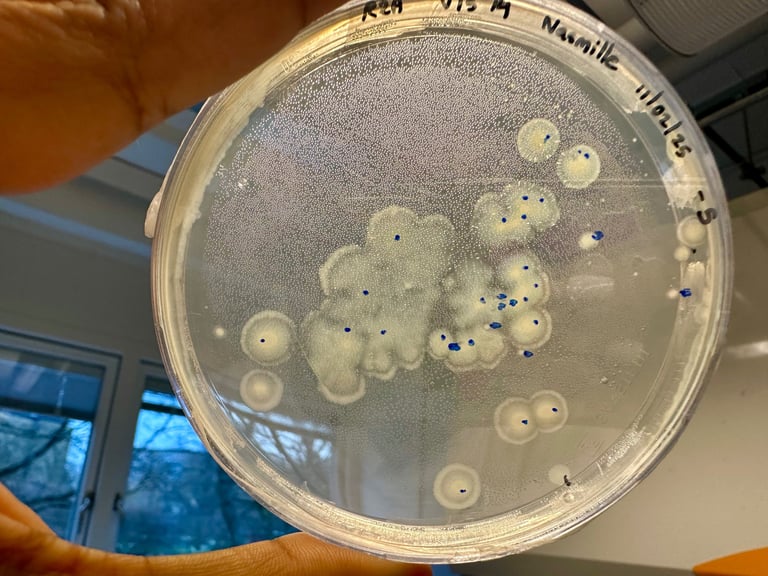
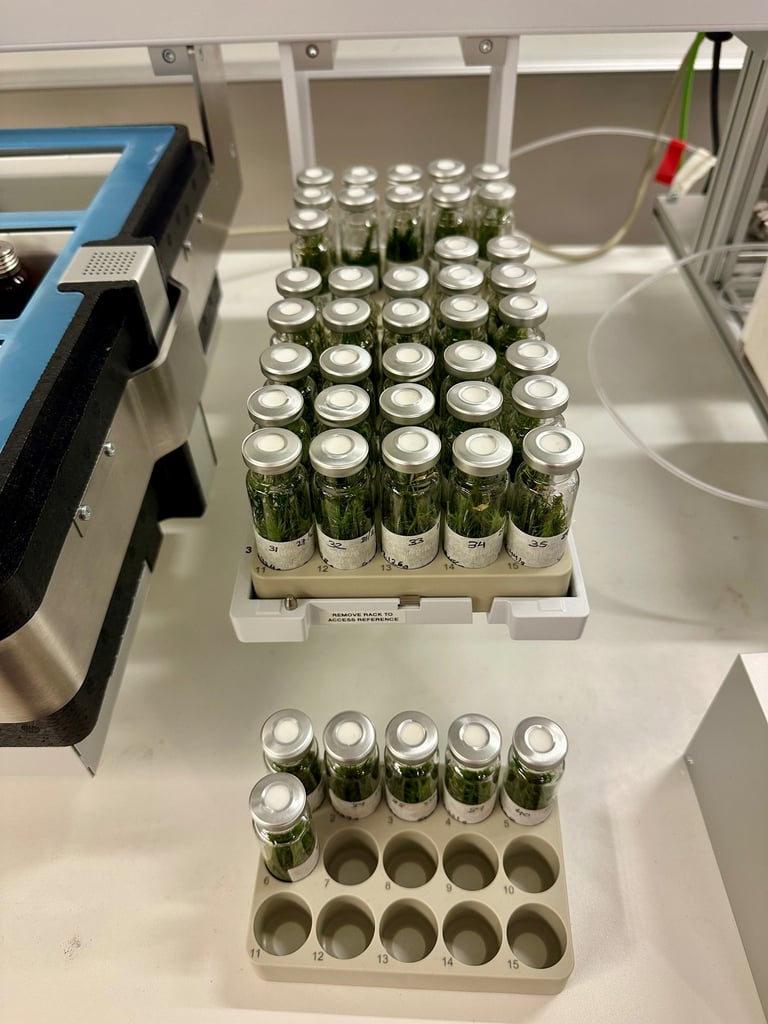
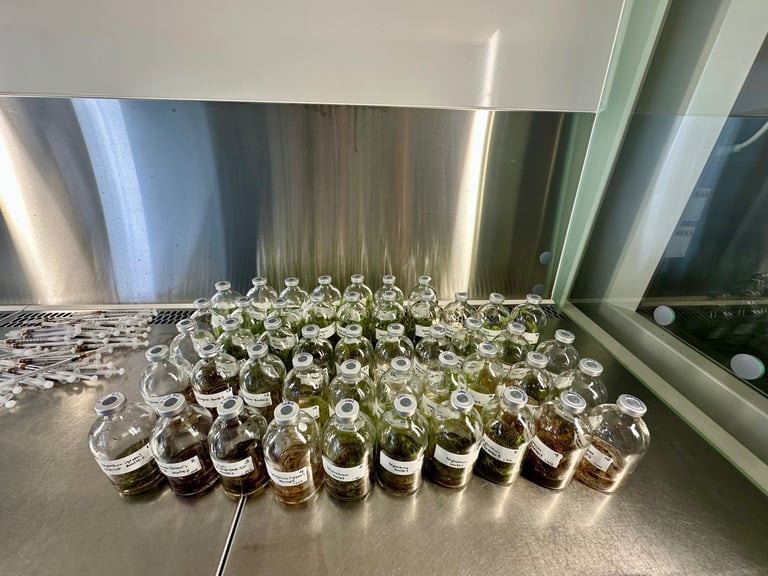
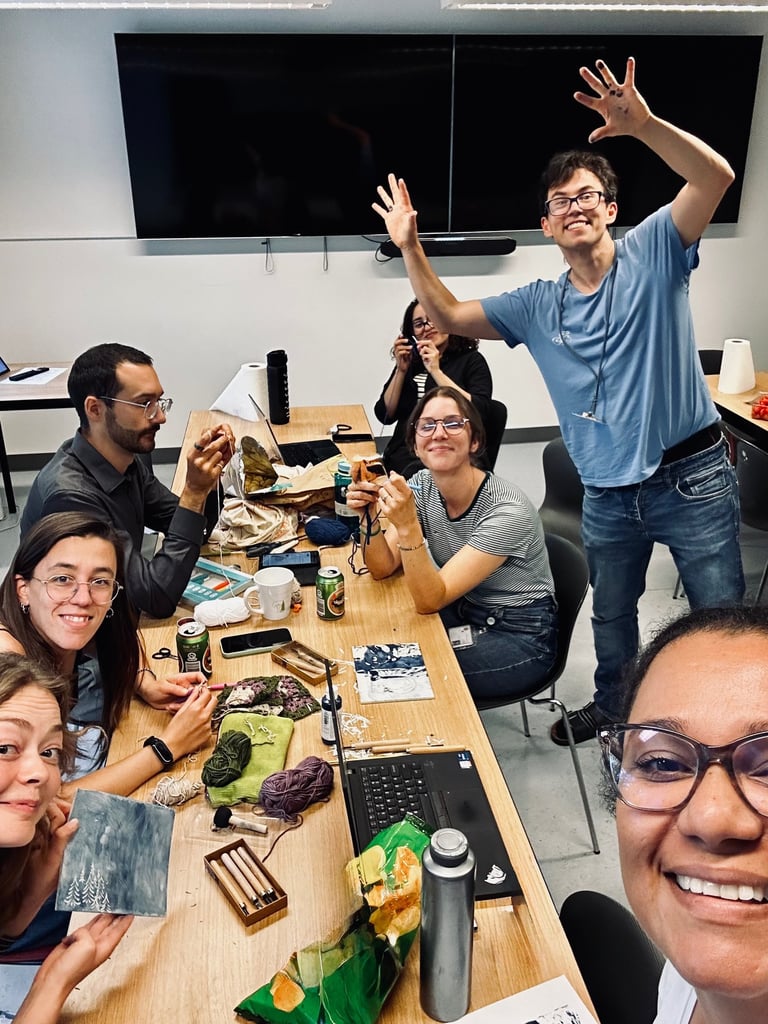
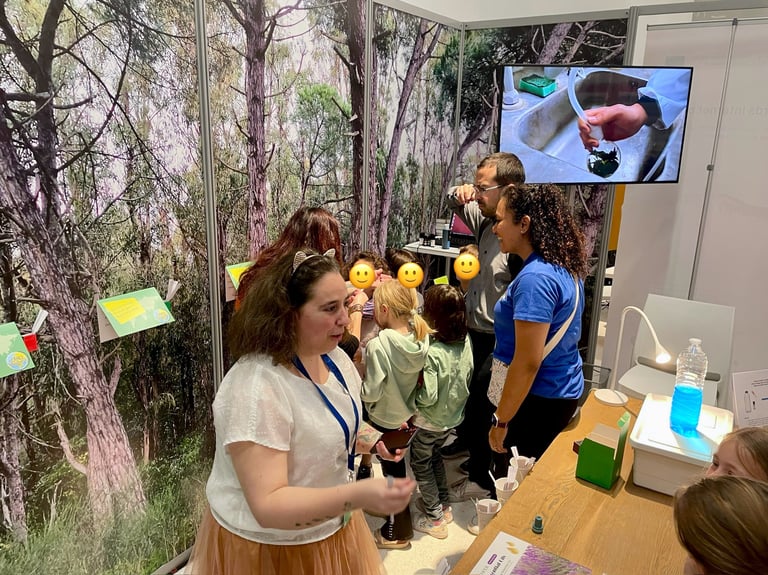























Nasmille Larke-Mejía Research
Exploring microbes' roles in environmental sustainability.
CONTACT ME:
© 2024. All rights reserved.
info@nasmillelarkemejia.com
Disclaimer: Some images and text on this website, including proofreading, have been created or refined using AI tools. For inquiries or further information, please contact me.